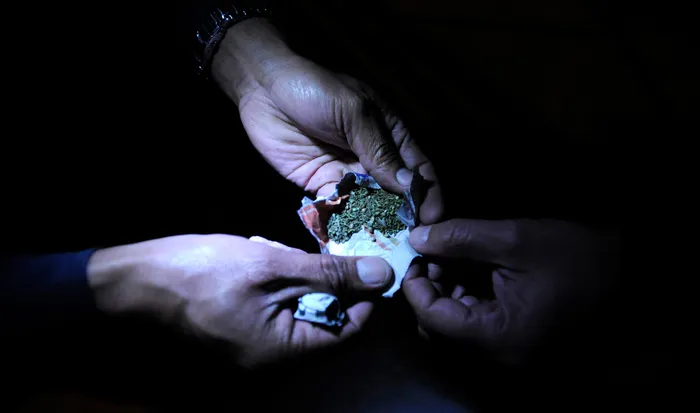Increased risk of substance abuse in maltreated children

A recent study found that using alcohol or marijuana to conform with peers also plays some role in increasing the risk for problematic alcohol use.
When adolescents who have experienced maltreatment use alcohol and drugs to cope with their negative feelings, their risk of developing problematic substance abuse is greatly increased.
This is according to a new study by UCT’s Psychology Department, conducted in several Cape Town schools by Psychology Master’s student Ayesha Assim and Associate Professor Debbie Kaminer, in collaboration with researchers at the Universities of Exeter and Stellenbosch.
Past studies have found that young adults who endured childhood maltreatment are more prone to abusing substances when their use of alcohol or drugs is driven by coping motives – the belief that substances will help them to cope with feelings of anxiety, depression, or distress.
By contrast, those who use substances for socialising, pleasure, or conforming to peer pressure face lower risks of developing problematic patterns of use.
Until now, it has been unclear just how early this risk pathway begins, as the dangers posed by coping motives compared with other substance use motives have seldom been investigated in adolescents, the researchers said.
The study involved 688 high school learners, aged 13 to 18 years. The researchers gathered information on experiences of childhood maltreatment, alcohol and marijuana use, motives for this use, and problematic behaviours arising from this use.
Among the 26% of participants who reported using alcohol and the 20% who reported using marijuana, a history of childhood maltreatment significantly predicted the severity of substance-related problems. The use of coping motives explained a significant portion of this relationship.
“Adolescents who have suffered abuse are more likely to struggle with feelings of anxiety, depression and distress than other teens, but at the same time they are less likely to have developed effective coping strategies for dealing with these emotions, due to poor role modelling and lack of emotional responsiveness from parents”, explained Kaminer.
“As a result, they are more likely than non-abused adolescents to turn to substances to manage their negative feelings. Unfortunately, using substances to cope is likely to increase problems in living, thereby exacerbating feelings of distress and creating a vicious cycle.”
The study also found that using alcohol or marijuana to conform with peers also plays some role in increasing the risk for problematic alcohol use, although less so than coping motives.
“The study findings clearly demonstrate that equipping maltreated adolescents with more effective coping skills for managing their difficult feelings could be vital for reducing problematic substance use. Investing in such early intervention programmes could bring long-term health and mental health benefits for the wellbeing of youth who have suffered maltreatment,” Kaminer said.
Cape Times
Related Topics: